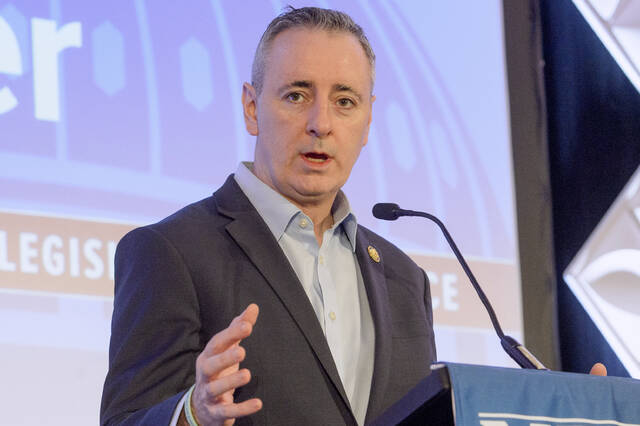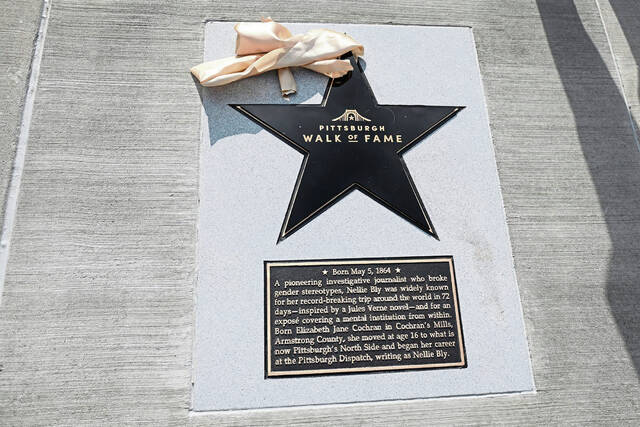Do not say the lives were wasted.
As the U.S. military forces drew closer to the Aug. 31 deadline that was drawn for pullout from 20 years of presence in Afghanistan, the Taliban advanced, gaining momentum as villages and cities fell like dominoes.
It was a messy wreck of an operation with little to defend it other than to say that even under the best of planning, it was likely to be slightly less of a messy wreck. Occupying a country that has been bounced like a ball between war, foreign boots and religious fundamentalism for almost longer than it has been a country was never going to go smoothly. Nothing in Afghanistan really ever has.
The best planning was definitely not what was evidenced by a process that has actually increased the number of soldiers necessary to safeguard American lives. More horrifically, not enough progress has been made on protecting those who placed themselves and their families at risk by helping the U.S. forces.
Over the course of two decades following the 9/11 terrorist attacks, the fighting against al-Qaida and the Taliban resulted in a lot of things that can be questioned and debated as right or wrong, good or bad. There were 2,448 Americans in uniform who died there, as well as thousands more U.S. contractors, aid workers and journalists. More than 47,000 Afghan civilians lost there lives and 66,000 of their soldiers and law enforcement.
As of last year, the cost of the conflict was $2 trillion, but that only takes into account the money spent to date. This was a war fought with a credit card and the final bill will top $6 trillion, according to Associated Press figures.
But do not say the cost outweighs the lives or the deaths were in vain. They were not.
Those 2,448 service members, plus all those who served but came home injured in body or hurting from psychological wounds, answered when they were called. They stepped up when they were asked. They didn’t shirk or run.
They paid a price that was too dear to ask. Their families paid, too, living and dying with phone calls and knocks at the door that could change everything in a moment.
And it was not for nothing.
A generation of girls in Afghanistan had a chance to be educated. Women had an opportunity to experience freedom in a way that had not been possible for years. If a kind word or a meaningful gesture can make a difference, the 800,000 U.S. service members who participated in the nation’s longest war had a chance to make greater differences than most people can in a lifetime.
The way the pullout has been orchestrated has disrespected that service, without a doubt. Those service members — living and fallen — deserved better, as did those Afghan partners left behind.
But do not ever say the work done there was a waste. It wasn’t.








